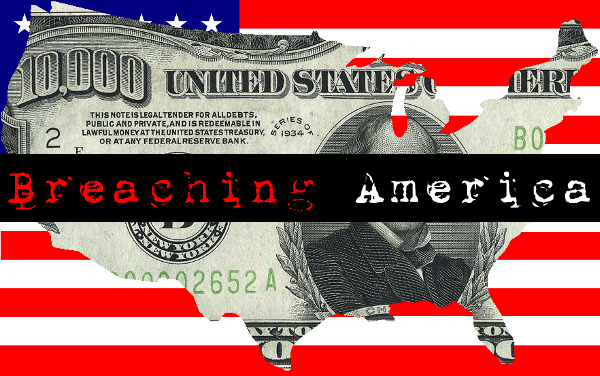
Five Tips to Prevent Fraud
Activate Dual Authentication for Online Accounts
Most banks, email, social, and financial account providers have some mechanism to setup a second authentication step for account access. A simple text message will be sent to your phone when someone (hopefully you) is trying to access your account. This makes it harder for a thief, say in Russia or China, to gain access to accounts with sensitive information.
Always Use a Credit Card when Making Online Purchases
Debit cards do not have the same protection as credit cards and if compromised can lead to account withdrawals for which you will be held liable. Credit cards have federal regulations protecting consumers against fraudulent activity, so if they are compromised the consumer is safer.
Set Daily Limits on Bank Accounts
Bank accounts allow their members to set daily limits on their accounts. By setting a threshold you are likely to stop large transfers. This is especially important on business accounts that may have tens of thousands of dollars. Some bank accounts can even be configured to require a second form of authentication for large transactions.
Delete Old Email
Hillary did it, so should you. We have all sent emails containing sensitive information that should never be sent unsecurely. For example, tax returns to your loan officer or 401k statements to your accountant. By purging old email it is possible to protect yourself from exposure. If you happen to be a load officer, accountant or anyone who deals with sensitive, private information for a living, it is even more important to regularly purge old email. Business owners that lose private information to fraudsters can be held responsible for the data theft. At an average cost of $15 per record, the costs can add up quickly for even a small business owner.
Shred it. Shred it all.
Trying to go paperless is both good for the environment and business. However, there are many things that are still sent through snail mail and even simple account statements or invoices contain sensitive information. Many cases of identity theft invovle someone the victim knows, so shredding credit card offers, account statements and invoices can prevent unwanted access to sensitive data.
Although these five tips take a little bit of extra work, these simple steps will help protect you and your business from fraud.
Learn more practical advice about data breaches in this book. Buy on Amazon
Craig Jacobs
Craig is the Director of Incident Response and Problem Management for MGM Resorts International where he drives priority incident escalation, communication restoration, analysis and review.
In addition to his corporate experience, Mr. Jacobs also developed Defygo.com and RateShepherd.com with his business partner, fellow MSU alum, Derek McCallum.
Mr. Jacobs received his B.S. of Telecommunications Systems Management and Master of Business Administration from Murray State University.
